Research Areas
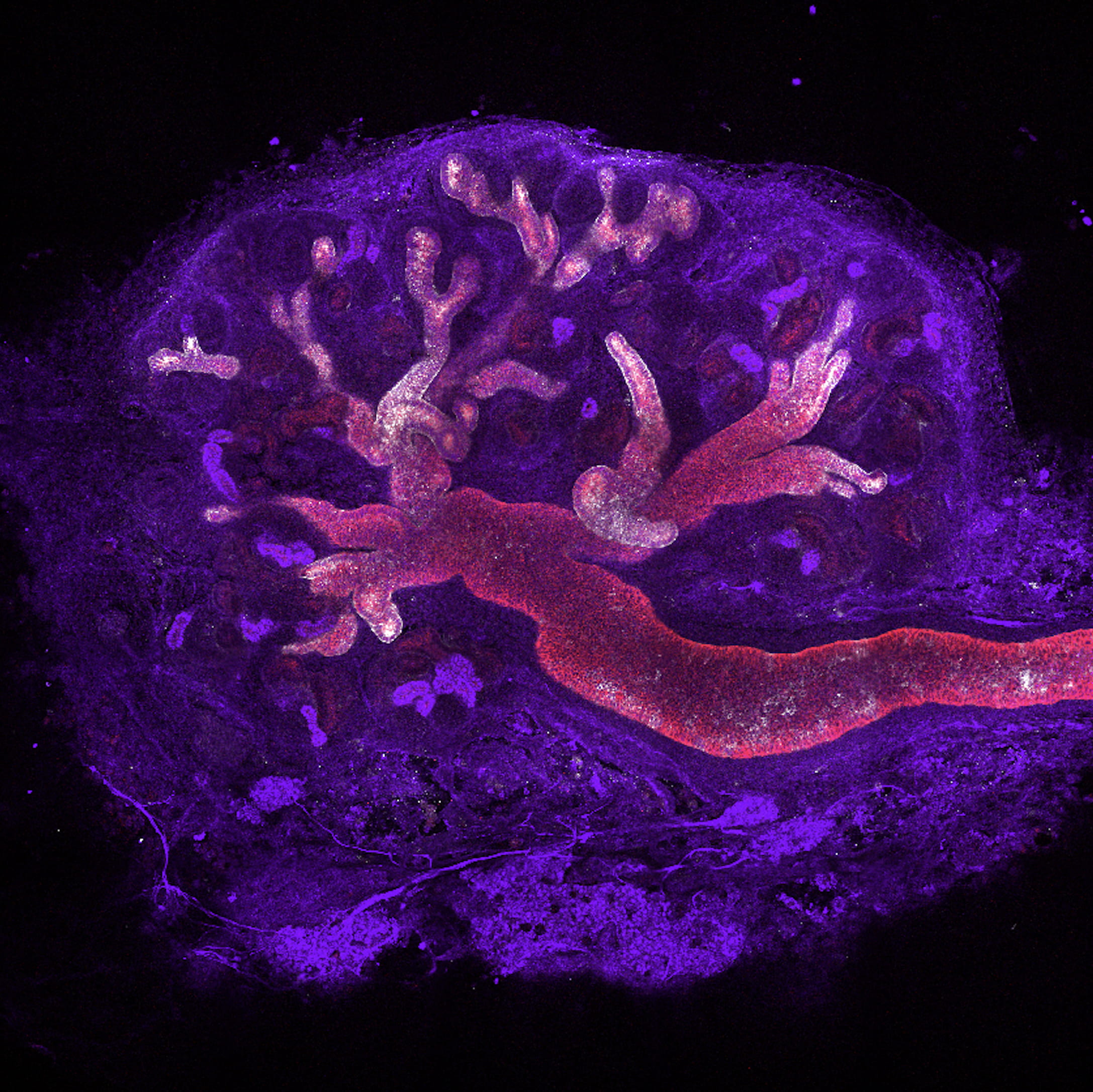
Organogenesis, Congenital Disease and Therapeutics
More than 3% of children are born with serious structural defects. Although some congenital defects can be controlled and treated, birth defects are the leading cause of infant mortality in the United States and many children are disabled for life due to developmental disorders. Central to our mission is the development of therapeutics for childhood diseases. Starting with Albert Sabin’s polio vaccine and Dr. Jeffrey Whitsett’s development of surfactant replacement therapy for premature infants to the development of the oral rotavirus vaccine by Drs. Ward and Bernstein, Cincinnati Children's research has changed the outcome for many patients.
Using a variety of model systems and human stem cell-derived organoids, we combine multiple innovative approaches to unravel the molecular mechanisms of normal and abnormal development of all major organ systems and to develop new methods for diagnosis, treatment, and/or prevention of various developmental disorders. Our faculty are actively engaged in drug target identification and validation, the development of therapeutics through virtual and experimental screening techniques, structure-aided drug design, as well as the development of immuno- and gene therapies. Moreover, there is a well-developed pipeline to translate these discoveries to clinical trials, with a particular emphasis on pediatric diseases.
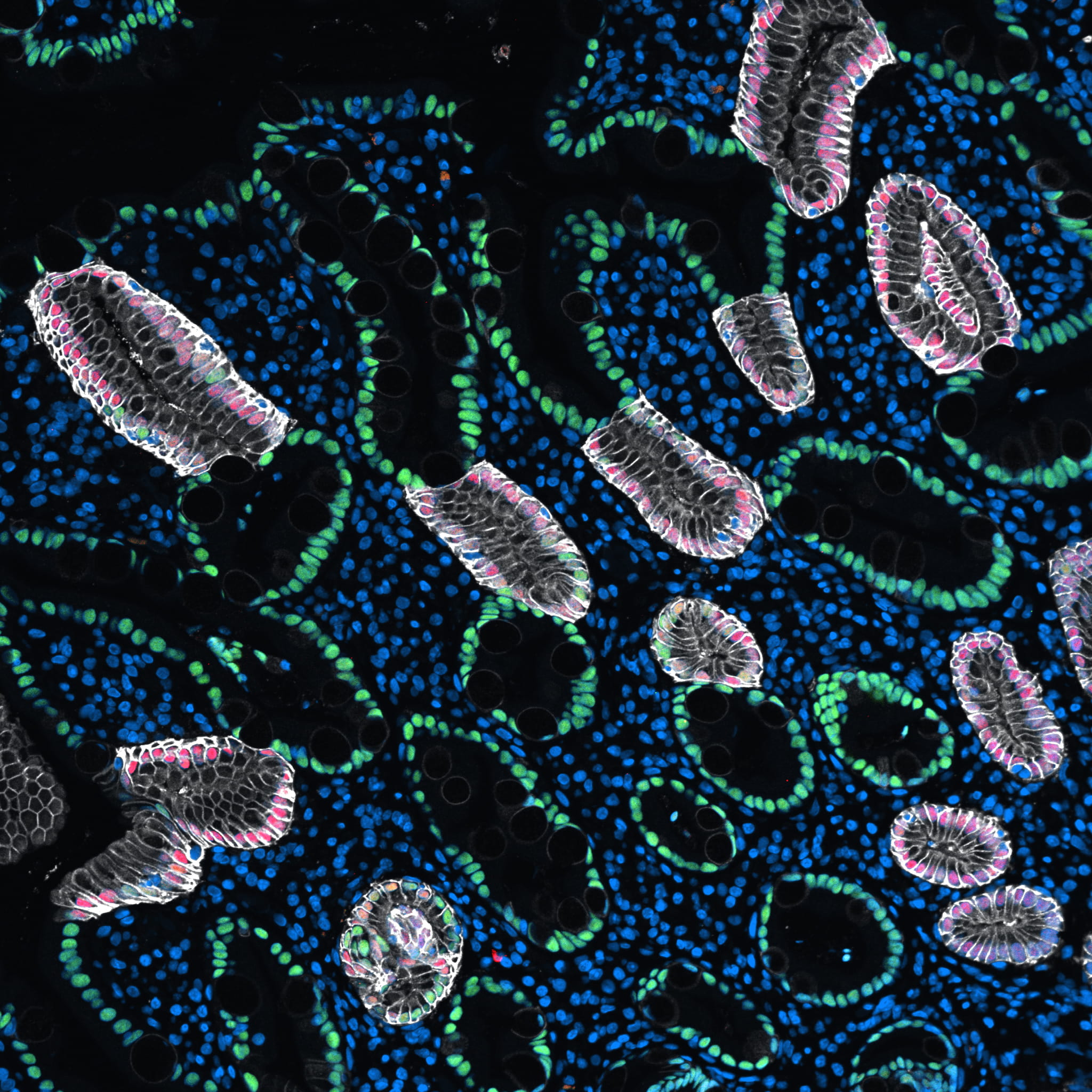
Stem Cell and Organoid Medicine
Stem cell and organoid medicine is a rapidly evolving field at the intersection of developmental biology, regenerative medicine, and precision therapeutics. Research in this area is both foundational and translational, offering opportunities to explore how human tissues develop, function, and can be repaired or replaced.
Our faculty utilizes stem cells and organoids to model diseases, test drugs, and explore personalized treatments. Several of our faculty are members of the Center for Stem Cell & Organoid Medicine (CuSTOM). The long-term vision for CuSTOM includes generating transplantable tissues to replace damaged organs, offering new hope for children with complex and rare diseases.
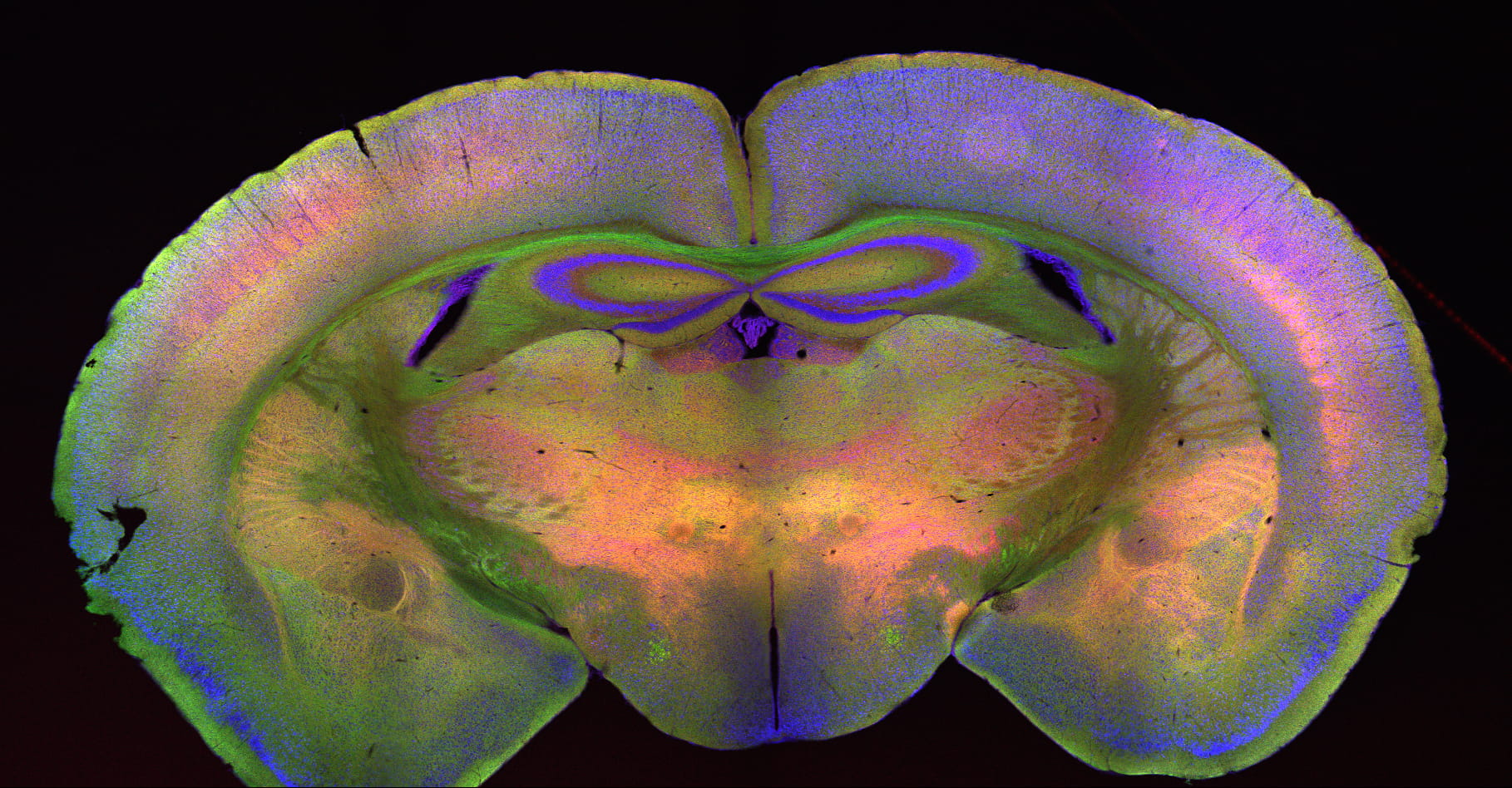
Neurobiology
Research in this area focuses on the development of the peripheral and central nervous systems and how intrinsic and extrinsic factors cause disease and influence human behavior.
Our neurobiological research is leading to a better understanding of diseases affecting the CNS and PNS.
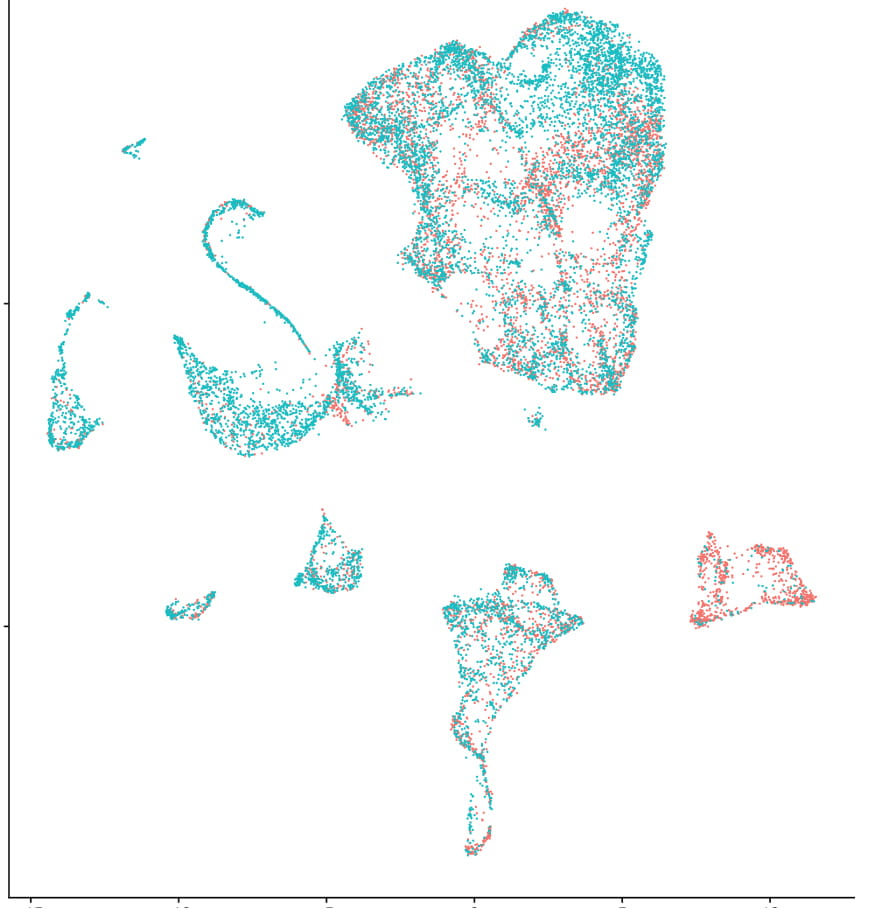
Genetics, Genomics and Bioinformatics
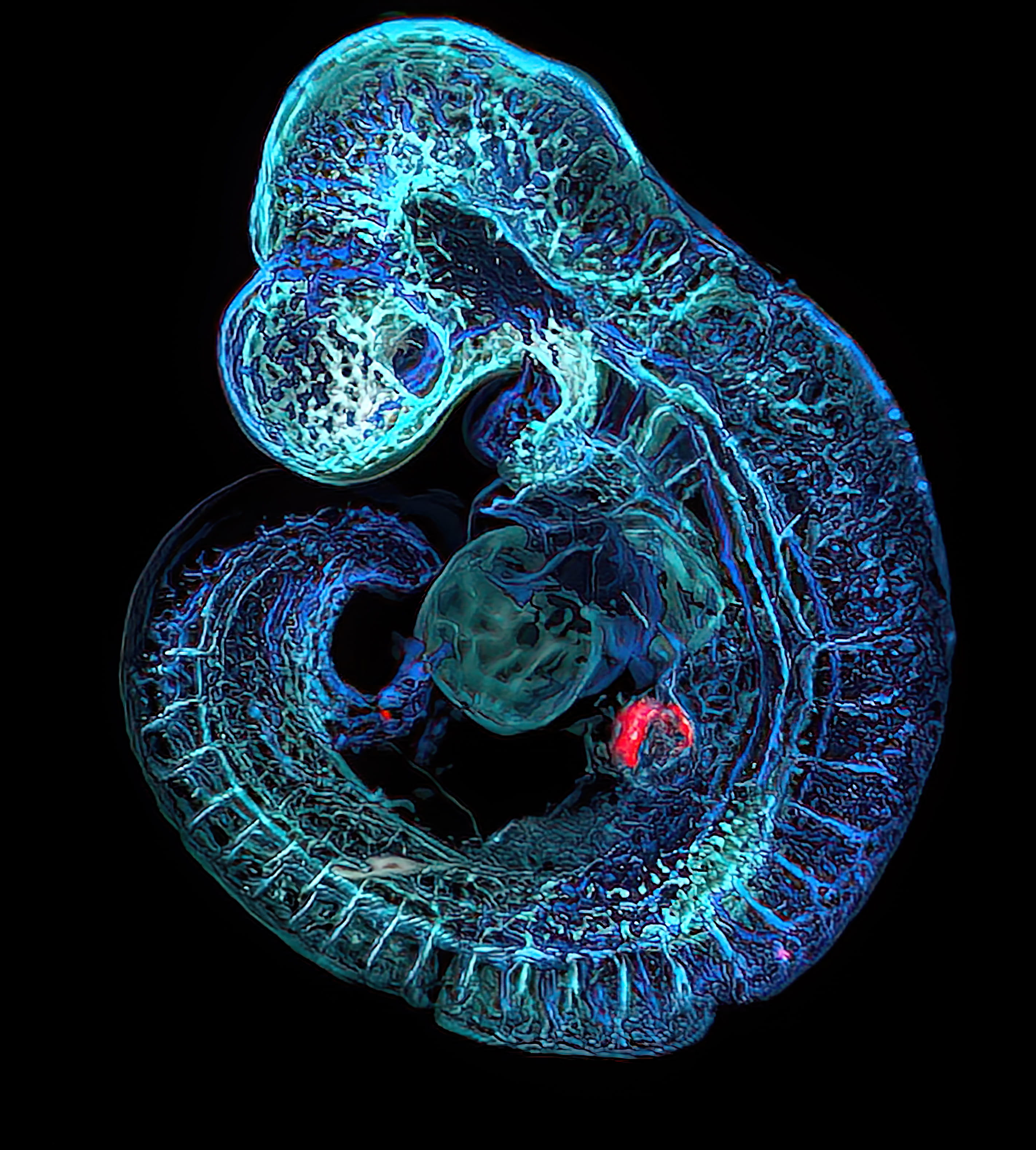
Cardiovascular and Pulmonary Biology
Our researchers in this group use state-of-the-art technologies to study normal and abnormal cardiac, vascular, and pulmonary function and development in animal model systems and human subjects. We use a wide variety of experimental approaches to identify molecular signals and cellular processes involved in cardiovascular and pulmonary development and disease.
Through a greater understanding of molecular mechanisms, we hope to understand and find ways to treat congenital malformations of the lung and heart, treat cardiovascular disease, improve perinatal pulmonary adaptation in premature babies, and promote pulmonary repair after injury.
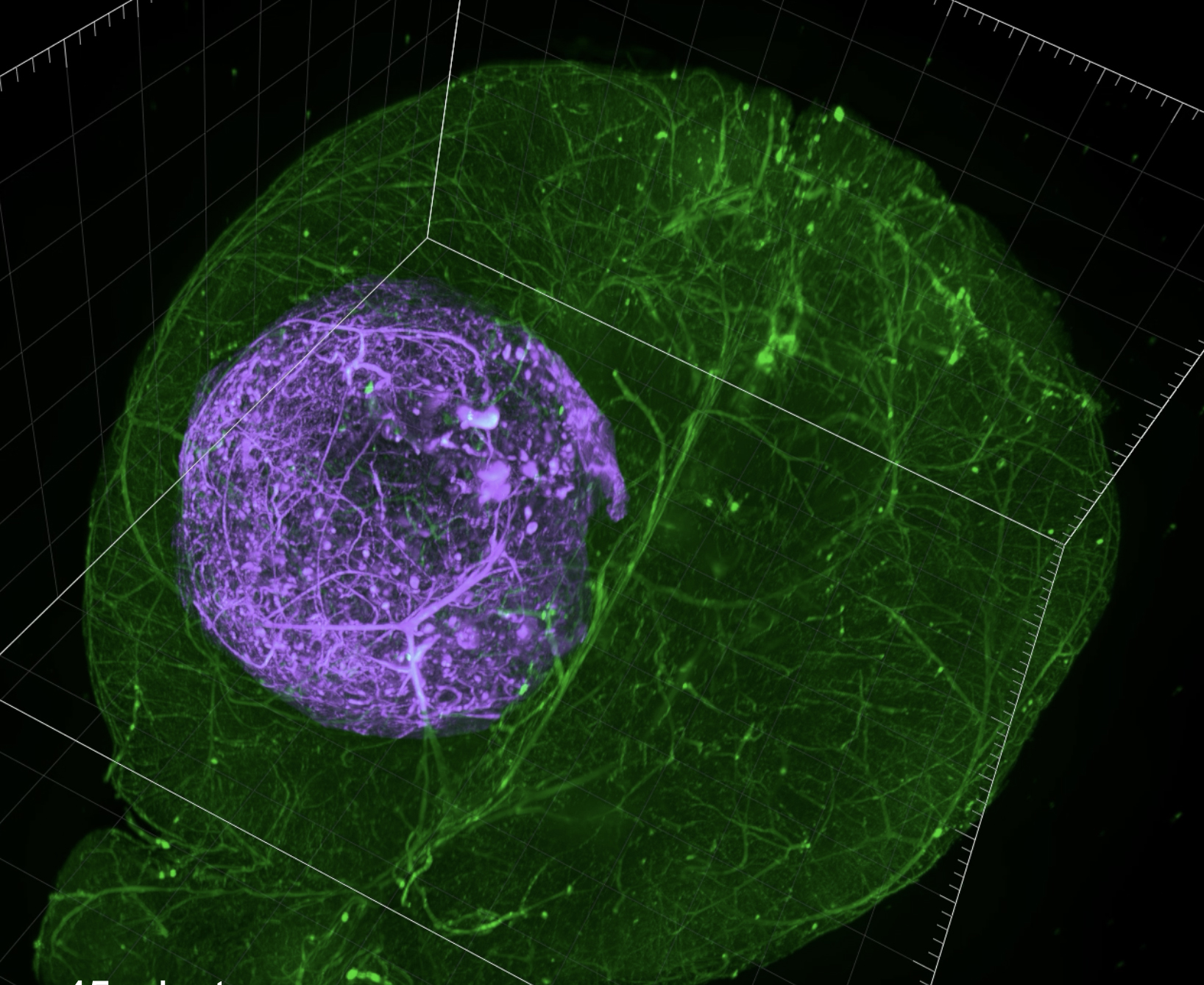
Cancer Biology and Immunological Disease
The broad goals of this research are to understand the cellular, molecular and genetic mechanisms that drive cancer and immunological disorders.
Cancer is the leading cause of death in the United States, and dysregulated immune responses are of central importance to the pathogenesis of cancer as well as a wide spectrum of disease (HIV, asthma, coronary artery disease, arthritis, cystic fibrosis, etc). Collectively, these diseases cause an immense burden of morbidity and mortality in the US and the world at large.
Our researchers in this group investigate how genetic and environmental factors result in cancer and immunological disease through disruption of cellular growth control and organismal development. Collaborative work involving clinicians and laboratory scientists allows access to normal and cancerous human tissues and fosters the development of clinical trials.



